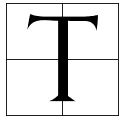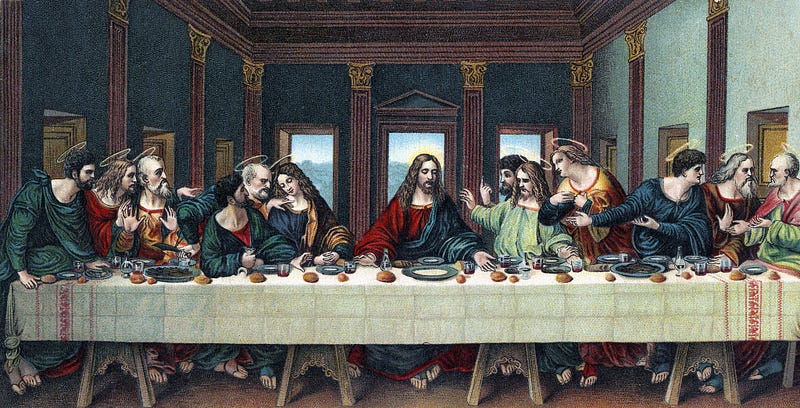 he Holy Bible is the most famous book ever written. Many people consider it to be one of the oldest books written by mankind. It is the only book to be translated into over 700 different languages and dialects. While the Holy Bible is considered the most well-known book, its original author is still a mystery.
he Holy Bible is the most famous book ever written. Many people consider it to be one of the oldest books written by mankind. It is the only book to be translated into over 700 different languages and dialects. While the Holy Bible is considered the most well-known book, its original author is still a mystery.
The influence of the Bible cannot be questioned, both on history and, for many of us, on personal spirituality. Regardless — to the extent that it is possible — we must ask ourselves a fundamental question: Who wrote these texts?
Some texts may be over 2,000 years old, and the identity of the writers remains a mystery. Also, a person’s identity is only part of the question; scholars are also trying to find out how external circumstances have influenced the work.
The theory of a sole Writer

For centuries, Israelite and Christian scholars have operated on the assumption that the first five books of the Bible — Genesis, Exodus, Leviticus, Numbers, and Deuteronomy — were written by Moses.
However, this theory has a glaring flaw: it implies that Moses wrote about his own death at the end of the fifth book, Deuteronomy. A Talmud from the 3rd-5th centuries AD explains this error by attributing these verses to Joshua, the one who would have taken the lead after Moses.
During the Enlightenment, the theory of the sole author began to be questioned. Scholars noticed fragments of the text that seemed to repeat or even contradict.
To resolve the contradictions raised by the single author theory and the mistakes in the text, scholars have theorized that two groups of priests wrote the first five books of the Bible. Although they focus on the ancient history of their people, no significant differences have been identified between them.
Other potential Authors
Studies have identified two new groups that contributed to the biblical text, which differed by which name they used to refer to divinity, Yahweh or Elohim. Some researchers theorize that the books that these two factions produced are the product of merging smaller texts over time.
The Gospels captured some of the most important moments in the birth and rise of Christianity. Over time, four such texts have emerged. These texts were written, according to tradition, by four of Jesus’ 12 disciples: Matthew, Luke, Mark, and John. The books were written to present the story of the life and resurrection of Jesus. According to scholars, the writing of the Gospels began around 170 AD.

Although the Gospels are attributed to certain people, we must keep in mind that before being written in physical format, these accounts have their origin in oral tradition. Bart Ehrman, an expert on the biblical text, adds that the names of the Gospel authors were added later, by editors or scribes, who wanted to emphasize the author’s authority.
13 of the 27 books of the New Testament are attributed to the Apostle Paul, who wrote a series of letters to communities around the Mediterranean to spread Christianity. Currently, researchers agree that only seven of them can be attributed to a single person. In the case of the other books, it could be identity theft and, implicitly, of authority.
Avid Writer with invaluable knowledge of Humanity!
Upcoming historian with over 30 million views online.
“You make your own life.”





